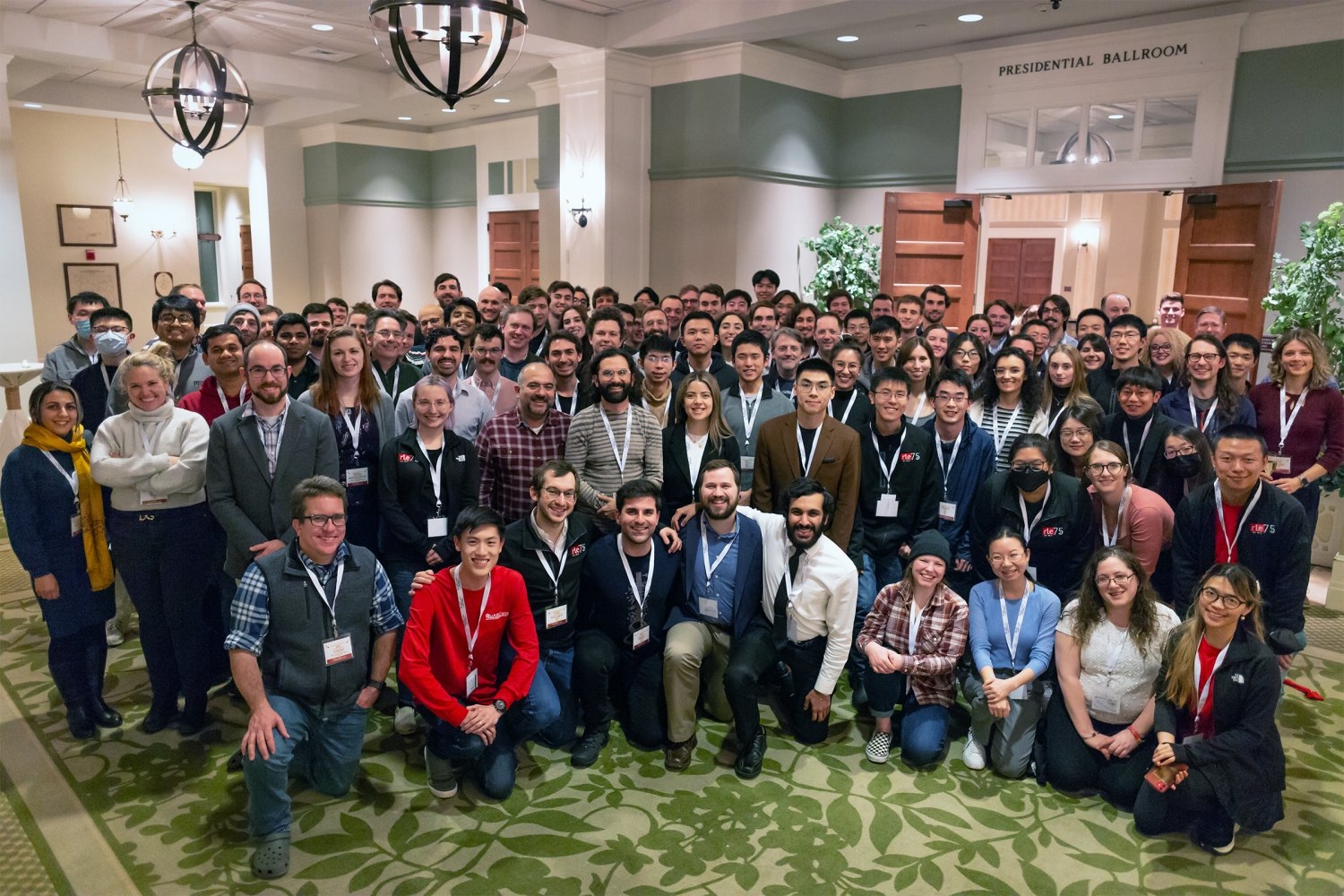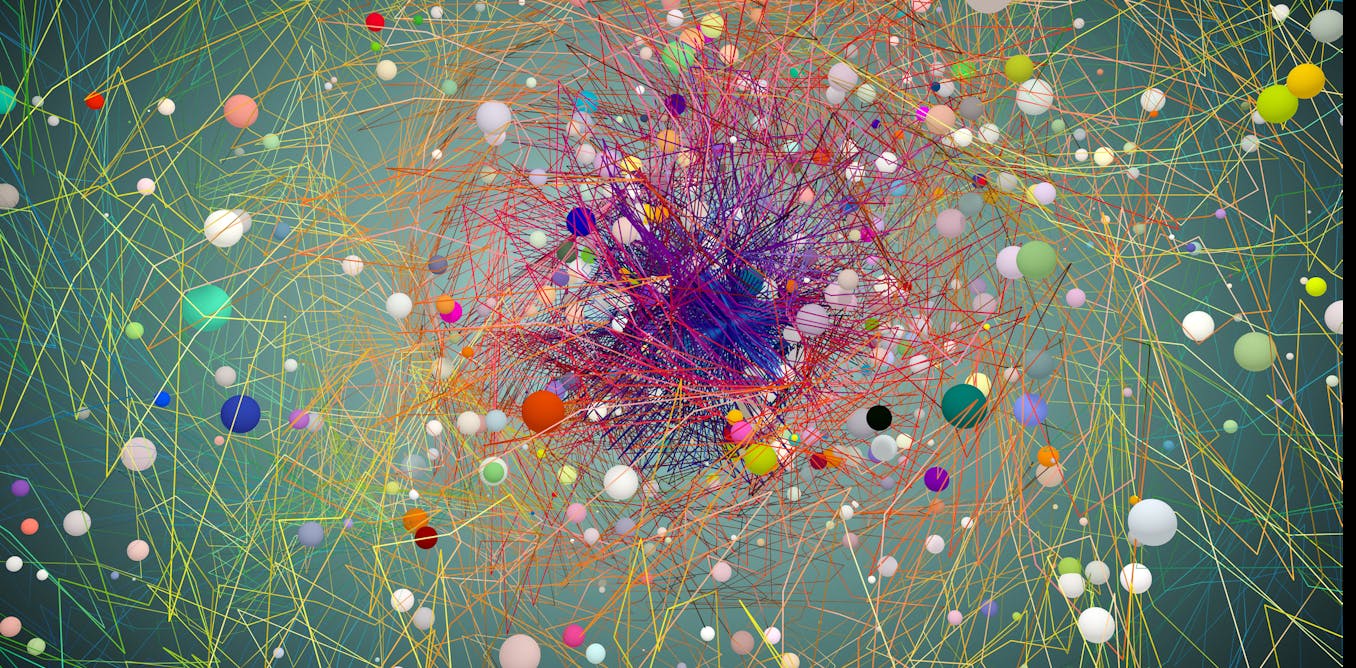Pi gets all the fanfare, but other numbers also deserve their own math holidays
Pi gets a lot of attention this time of year, but there are plenty of other mathematical constants just as deserving of recognition.
March 8, 2023 • ~7 min
One easy way to fight antibiotic resistance? Good hand hygiene
Using a mathematical model, researchers found that good hygiene can reduce the harmful effects of antibiotic use.
Feb. 28, 2023 • ~4 min
Cancer evolution is mathematical – how random processes and epigenetics can explain why tumor cells shape-shift, metastasize and resist treatments
An epigenetic model of cancer that incorporates the concept of stochasticity could also explain why cancer risk increases with age and how biological development can be reversible.
Feb. 10, 2023 • ~8 min
Limits to computing: A computer scientist explains why even in the age of AI, some problems are just too difficult
In the age of AI, people might wonder if there’s anything computers can’t do. The answer is yes. In fact, there are numerous problems that are beyond the reach of even the most powerful computers.
Jan. 30, 2023 • ~8 min
Betting on female jockeys can bring greater rewards – but it's not all good news
Horse racing can be at thrill for punters and jockeys alike. But sex discrimination could be skewing the odds.
Dec. 26, 2022 • ~6 min
Synchrony with chaos – blinking lights of a firefly swarm embody in nature what mathematics predicted
Synchrony is ubiquitous throughout the universe. But physicists’ equations predicted there could also be erratic exceptions marching to their own beat. Now they’ve been spotted in firefly swarms.
Nov. 16, 2022 • ~9 min
/
33









